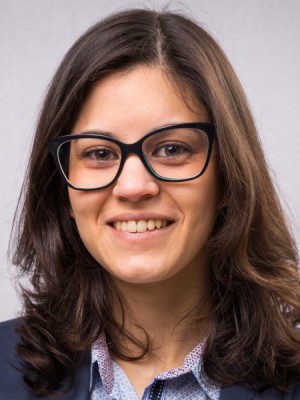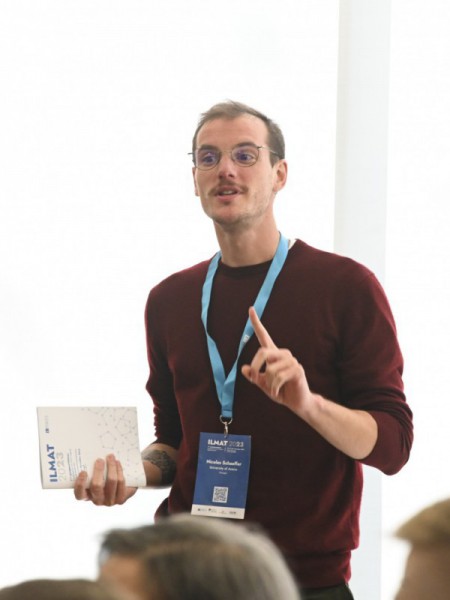abstract
Ionic-liquid-based aqueous biphasic systems (IL-based ABS) have demonstrated exceptional performance in bioseparation processes. However, IL-based ABS are of limited interest for metal extraction as most metals are not stable in their neutral or alkaline pH conditions. In the quest for better extraction systems for metals, the development of IL-based ABS with highly acidic solutions (AcABS), induced by the mixture of a hydrophilic IL ([P-44414]Cl), a mineral acid (HCl, HNO3 or H2SO4) and water, opens new possibilities. A comprehensive investigation of fundamental aspects of IL-based AcABS was performed, including the temperature dependence of the phase diagrams, tie-lines and ion exchange behavior, evidencing the unique characteristics of these new systems. In particular, the favorable biphasic formation with an increase in temperature showcases the lower critical solution temperature (LCST) behavior of the phosphonium-based IL and opens many possibilities for AcABS application by creating stimuli responsive systems. The anion exchange identified highlights the IL-based AcABS complexity that renders the analytical characterization of the phases mandatory, instead of the traditional method coupling an empirical fit of the binodal with the lever-arm rule. Through judicious selection of the inorganic acid, different extraction systems can be obtained by tuning the degree of anion-exchange, underlining the versatility of the proposed AcABS system.
keywords
2-PHASE SYSTEMS; PROTEIN SEPARATION; WATER; EQUILIBRIUM; EXTRACTION; SALTS; BEHAVIOR; MIXTURE; CATION
subject category
Chemistry; Physics
authors
Mogilireddy, V; Gras, M; Schaeffer, N; Passos, H; Svecova, L; Papaiconomou, N; Coutinho, JAP; Billard, I
our authors
acknowledgements
This work was part of BATRE-ARES project (ERAMIN/0001/2015) funded by ADEME and FCT. Matthieu Gras would like to acknowledge labex CEMAM for financial support. This work was partly developed in the scope of the project CICECO - Aveiro Institute of Materials, POCI-01-0145-FEDER-007679 (FCT Ref. UID/CTM/50011/2013).




